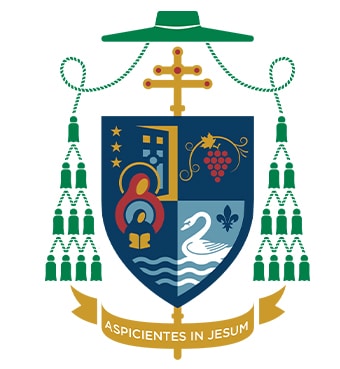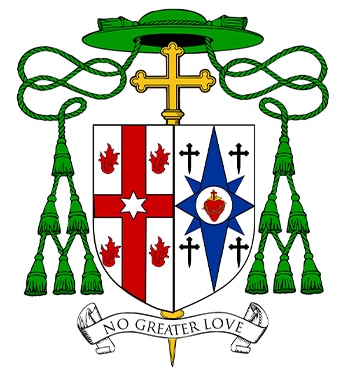5 Ways Catholics Can Grow Spiritually From the Christological Collects During Lent 2021

On Ash Wednesday, priests in the United States will be changing the way we finish the Collect, or opening prayer, at Mass. For nearly 50 years, we have prayed, “Through our Lord Jesus Christ, your Son, who lives and reigns with you in the unity of the Holy Spirit, one God forever and ever.” Beginning this week, we will be eliminating the word “one.”
Many other English-speaking countries — England, Scotland, Wales, Ireland, Australia, New Zealand — made this change last Nov. 29, on the First Sunday of Advent. Canada is making the change at the same time as the U.S.
The change comes in response to a May 13, 2020, directive of the Vatican’s Congregation for Divine Worship and the Discipline of the Sacraments, which said that “one God” is an inaccurate translation of the Latin original, undermines the intended affirmation of Christ’s divinity, and may even give rise to dangerous theological misunderstandings.
The problem begins with the peculiarities of Latin grammar. In Latin, word order doesn’t matter much, because the endings of the words tell you what function they play in a sentence. When fourth-century Christians composed the Latin formula that ends the Collect, rather than placing the word “God” (Deus) next to the word for Christ, they moved it to the end of the sentence, where it referred to the word “who” (qui) nine words earlier.
It seems, because of word order, that the original English translators must have been confused and thought the word “God” was referring not uniquely to Christ, to the Father (“with you”) or to the Holy Spirit, but to their Trinitarian union. And because the words “Holy Spirit” come right before the word “God,” which in English would suggest that “God” refers to “Holy Spirit” — a confusion that could not happen in Latin because of word endings — the translators added the word “one.”
This affirmation of Trinitarian monotheism is not unheard of. In Arabic-speaking countries, for example, because Muslims often mistakenly believe that Christians worship “three Gods” instead of “one God in three Persons,” Arab Christians, when they make the Sign of the Cross, say, “In the name of the Father, and of the Son, and of the Holy Spirit, the One God.”
In other translations from the Latin original, however, translators tried to remedy the potential confusion that tripped up the English interpreters.
Read more at National Catholic Register







